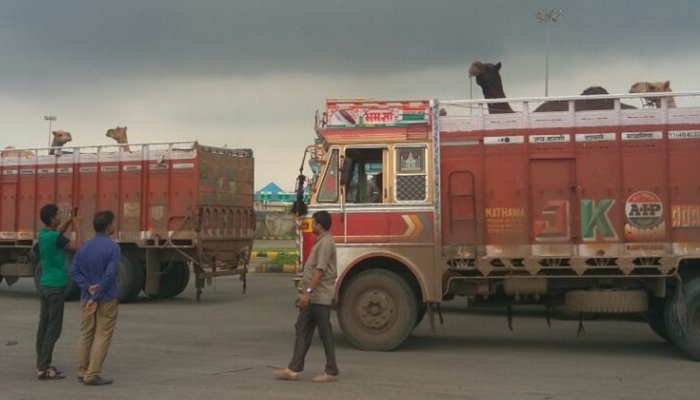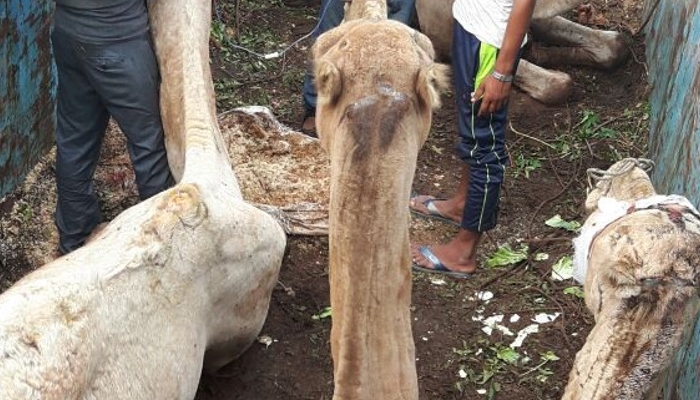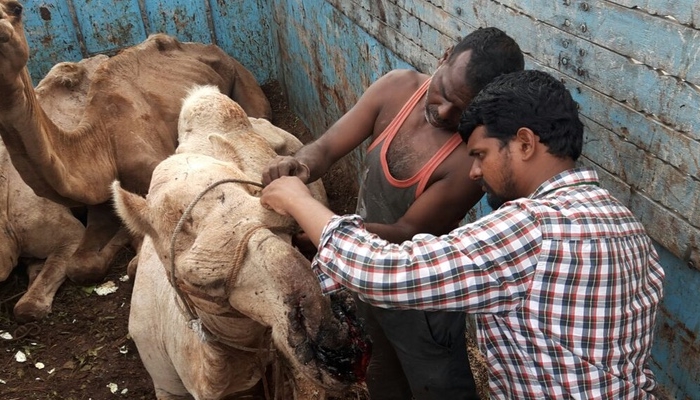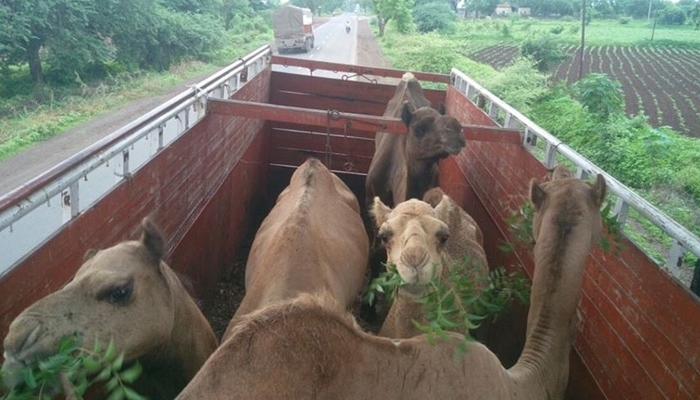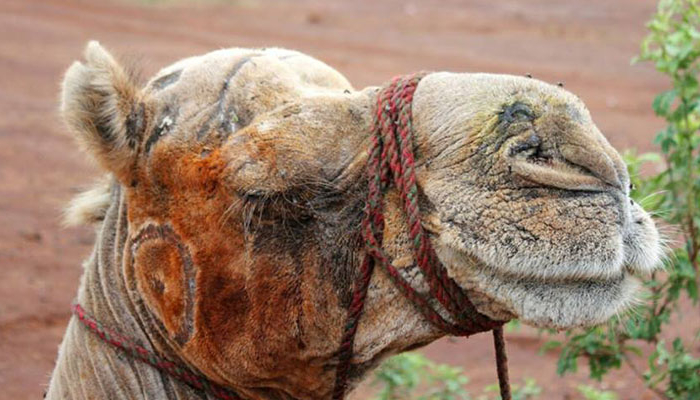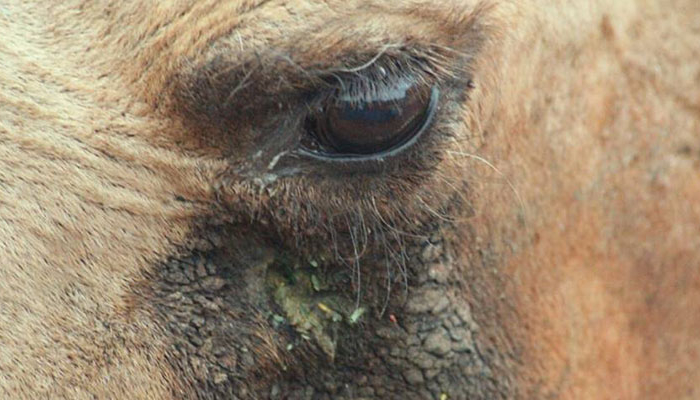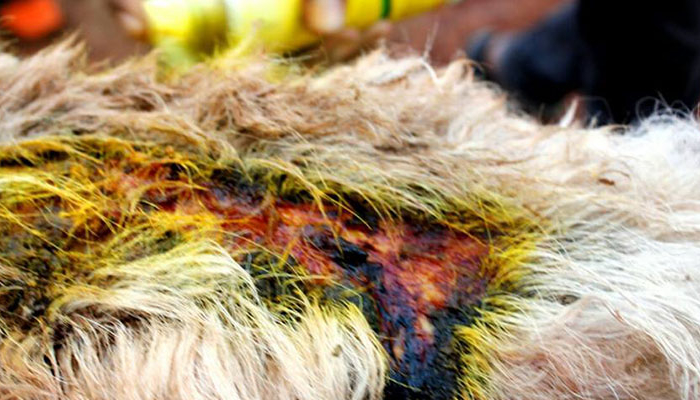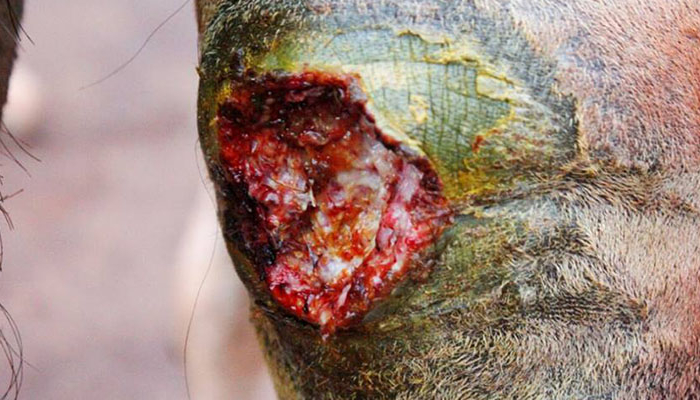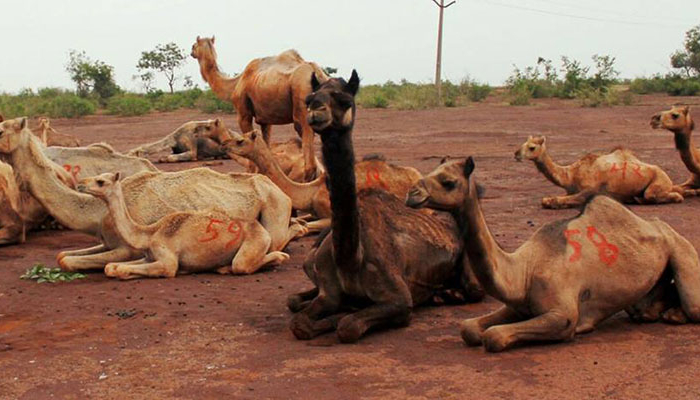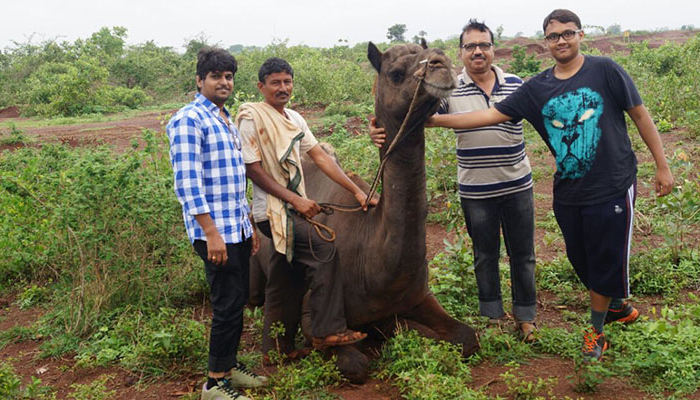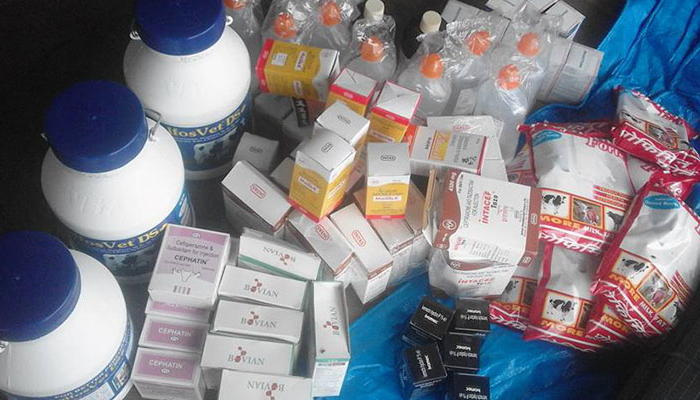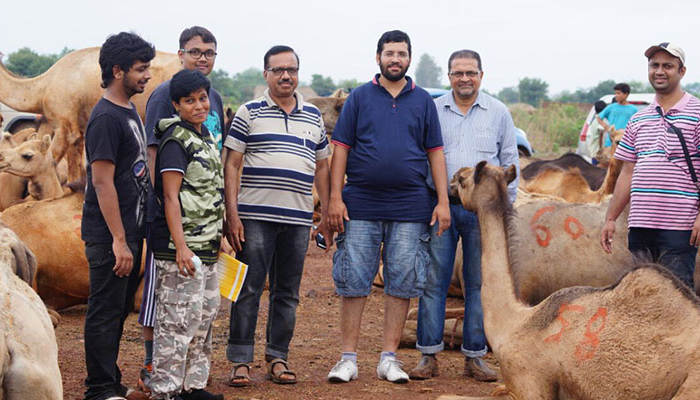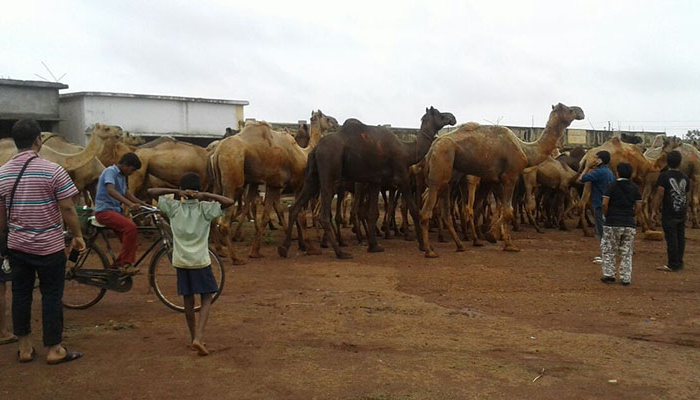
OPERATION KARUNA
People for Animals Hyderabad, an NGO devoted to fighting for animal rights as well as animal welfare at Hyderabad, has spent over 15 years fighting for the cause. We are proud to provide excellent and compassionate care to all animals, and to raise awareness to make the city more compassionate towards the voiceless.
We are relentlessly working towards materializing our vision: A world where social sanction would deter violations of animal rights, where animals and environment are understood and accepted as being an intrinsic link of the chain of life.
THE ISSUE
On the 4th of June, 87 camels that were being taken for slaughter were spotted by a PFA volunteer. These poor camels were made to walk all the way from Rajasthan to Bantwaram, over the distance of 1,372.4 km, with the motive of selling them off in the meat markets at Hyderabad for slaughter.
CAMEL LAWS IN INDIA
Camels are the inhabitants of Rajasthan and are not suited to the climate and soil of the state of Telangana. The general diet of the camels is shrubs and plants that are found in and around Rajasthan. Rampant illegal sale and slaughtering of camels has become a common phenomenon in the Hyderabad city during festival seasons for quite some time. Several camels are gruesomely slaughtered in contravention of the rules and several sections of the law. Illegal entry and slaughter of camels is a violation of Section 429 of IPC and other laws. It mounts to cruelty towards animals as defined under section 11 of PCA Act. It is a cognizable offence under section 428 and 429 of IPC. Moreover, the camel is the state animal of Rajasthan and smuggling them out without permission for slaughter is also a crime.

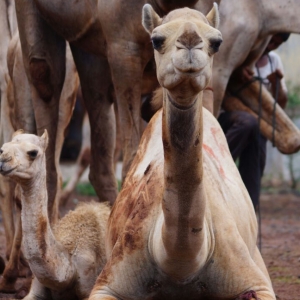
CUSTODY
We officially have the custody of the camels now and would need to start making arrangements for transporting them back to Rajasthan! We consider this a huge victory for PFA as well as the animal lovers across the twin cities. This is the second camel rescue in a row by PFA, you can read more about how we rescued 63 camels last year, here
We need the following medicines for the camels:
1. Topicure spray = 8 units
2. Bio sulpha = 20 units
3. Ketoprofen 100ml = 5 units
4. Salphan 100 ml = 7 units
5. Meglunide = 20 units
6. Atropin sulphate = 40 units
7. Dexametasone = 25 units
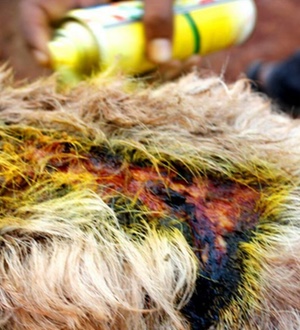
MONETARY REQUIREMENT FOR TRANSPORTATION
| We need to hire at least 23 trucks to fit the 90 camels. | |
| Approx. cost/truck Rs.60,000/- |
Total for 23 trucks Rs.13,80,000/- |
| We also need a crane to carefully lift the camels and place them in the trucks. This takes about 48hrs, based on how the camels cooperate. | |
| Approx. cost of crane Rs.800/hour |
Cost for 48hrs Rs.38,400 |
Total cost of transportation: Rs.14,18,400/-
APPEAL TO DONORS
We require as many donations as possible at this stage towards food, medicine and the upcoming transportation. We request our supporters to contribute as per their capacity and help us with upkeep, rehabilitation and transportation of the innocent camels back to their homeland. We would also like to thank all the Good Samaritans on behalf of the numerous animals under our care. We at People for Animals cannot do what we do without the generous support of caring individuals such as yourselves. We hope that you will provide your kind contribution towards the cause.
RELATED POSTS
Operation Karuna moves to its final phase!
With collaborative efforts from Bharatiya Pranimitra Sangh, GHSPCA and volunteers, PFA has started the process of moving the camels home. After an 8 hour long effort of loading the camels into 21 trucks using a [...]
Camel rescue: Donations for Medicines
The 87 rescued camels are presently being taken care of at Turmamidi village as we wait for the judiciary custody to be given to us. Many are injured, and there are pregnant camels, babies and [...]
Medical Aid Camp by Volunteers
The volunteer trip to help the rescued camels at Turmamidi village was a great success!! We would like to thank all the donors who supported the cause and helped us arrange medicines, tents, torch lights [...]

